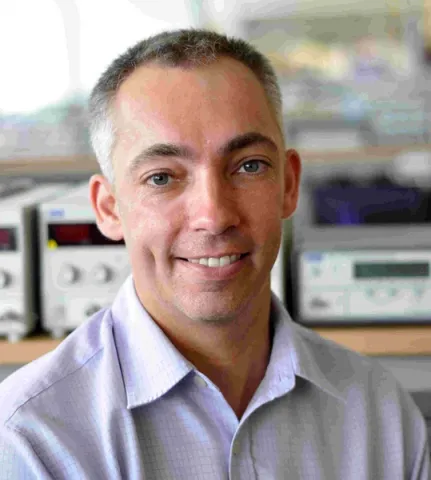About the project
Developing a new generation of Thermoelectric generators for powering wearable devices from body heat
Applications are invited for a prestigious international PhD Singapore A star studentship to work on an exciting interdisciplinary project between the Schools of Chemistry and Electronics and Computer Science at the University of Southampton and the Institute of Materials Research (IMRE) in Singapore.
The project is funded for 4 years and welcomes applicants from the UK and EU who have or expect to obtain at least an upper second class degree in either Chemistry, Materials Science, Physics or related discipline. The 4 year PhD programme will require successful applicants to split their time between the University of Southampton and IMRE in Singapore and will involve two year periods in both Southampton and Singapore. The final PhD degree will be awarded by the University of Southampton.
The proposed project is aimed at developing a new generation of micro thermoelectric (TE) generators capable of being integrated into textiles for powering wearable electronic systems. Wearable electronics such as smart watches, smart glasses or smart pacemakers, have been hailed as the next generation of mobile electronic gadgets that can transform our daily lives. Despite the explosive growth of wearable technology the majority of wearable devices are still powered by batteries that require frequent recharging and replacement even though these devices require energy autonomy for an extended service time without the user’s intervention.
A possible solution for the realization of self-powered wearable devices is the generation of power from body heat using flexible thermoelectric (TE) generators. TE devices have the ability to convert heat directly into useful electricity based on the Seebeck effect. TE devices have many advantages such as solid-state operation with no moving parts, zero-emission, silent operation, vast scalability and high reliability with no maintenance and long operating lifetimes.

